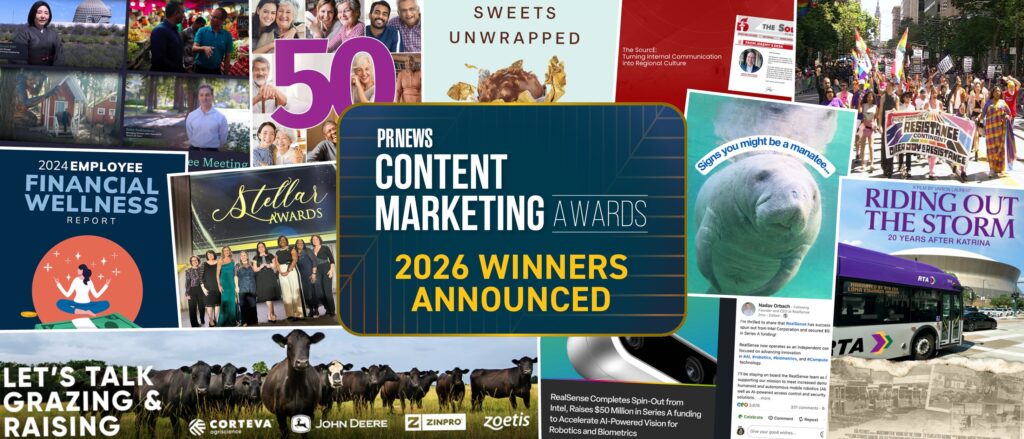Analysts say that everyone’s contact list decays by about 30% a year, due to the obstacles that separate people. From big events like divorce, death, relocation and job changes down to things as trivial as new cell phone numbers or altered e-mail addresses, life is constantly throwing up roadblocks to keep people from making contact with one another.
And you can add faulty Web searches to that list. At least, that was the problem faced by Reunion.com, a social contact network that made its bones in the heyday of the Internet by bringing classmates together to compare receding hairlines, confess secret crushes, and trade pictures of the kids.
Even before it bought out HighSchoolAlumni.com and PlanetAlumni.com in 2002, Reunion.com had a large body of names to classify and keep track of. Today, the networking service numbers 34 million users who register for free trials on the Web site and enter their personal profiles. The company also maintains class lists for more than 50,000 institutions of learning in the U.S. and Canada.
But in 2002 and 2003, Reunion.com realized that their strategy of pursuing the obvious keywords such as “high school reunion” was leaving tens of thousands of other relevant terms on the table. Research showed that many visitors who came to the site did so through very specific keywords, usually including either the name of the school, the geographic location or both. These keywords promised high conversion rates and, because they were so narrowly targeted, low purchase prices.
So Reunion.com engaged the services of New York-based Reprise Media to wring sales out of those neglected keywords. Using spidering technology, Reprise compiled a list of 50,000 keywords specified by school name and geographic location. Taken together with the generic terms Reunion.com was already buying, this new infusion of terms jumped the number of keywords Reunion.com employed to about 250,000.
Reunion’s other big search problem lay in its landing pages, the pages visitors encountered when they clicked on a search result. More often than not, this was one of the main pages of Reunion’s Web site. Not only did these pages not offer the compelling content visitors were looking for, but by landing on them, searchers were still multiple clicks away from their aim: finding that special person who helped them build a clock out of a potato in Mr. Dobler’s science class.
“Relevance is the hot topic in search engines today,” says Frank Mastronuzzi, VP of business development for Reunion.com. “When someone searched on a keyword we’d purchased, we wanted to make sure they got the deep link into the profile that they wanted. That’s what creates conversions for us on the back end.”
The landing-page bottleneck was the result of a fact of search technology: Search bots can’t read every page that contains content from a dynamic database, like that at Reunion.com. The pages that contain the lists of high schools and registrants don’t have static URLs; they’re dynamically generated when a visitor clicks on the state and town required. That trait made them invisible to spiders. “By virtue of a paid search campaign, we were actually able to create static URLs for these pages,” says Reprise CEO Peter Hershberg. “Now a user can go from a search result for Roosevelt High School directly to the Reunion Web page that lists Roosevelt high schools and drill down from there by location.” The average number of clicks required to go from search engine to a specific conversion page was cut from six down to two.
Reunion gave the results of Reprise’s SEM efforts an A+, according to Mastronuzzi. A white paper on the project reveals that dropping down to less competitive search terms cut average campaign costs per click by 45% while hiking daily click volume by 270%. At the same time, daily orders to the Reunion.com site increased by 170%; revenue per acquisition grew 43% and return on investment 40%. And the new customized keywords generated higher average conversion rates than their generic predecessors— 55% to 180% higher.
Last April, like a good valedictorian, Reunion.com tossed off its cap and gown and graduated to the larger business model of becoming a general people search engine. The challenges will be greater; finding people is a much more competitive market than locating alumni. But Mastronuzzi says Reunion.com can fall back on the lessons it learned in optimizing its undergrad search function. For one thing, it will scoop up a much larger mix of general and specific keywords: not only “find e-mail”, but “find John Smith’s e-mail”.
For another, Reunion has already learned the importance of getting visitors quickly and accurately to the landing pages they require and, with Reprise, will create searchable pages for as many proper names as feasible. “We want to bring searchers deep into our site quickly, and at the same time get the results as correct as possible,” Mastronuzzi says. “We’re being very careful. If we serve up the wrong person, our trial users are never going to subscribe.” That’s a lesson nobody needs to learn.



